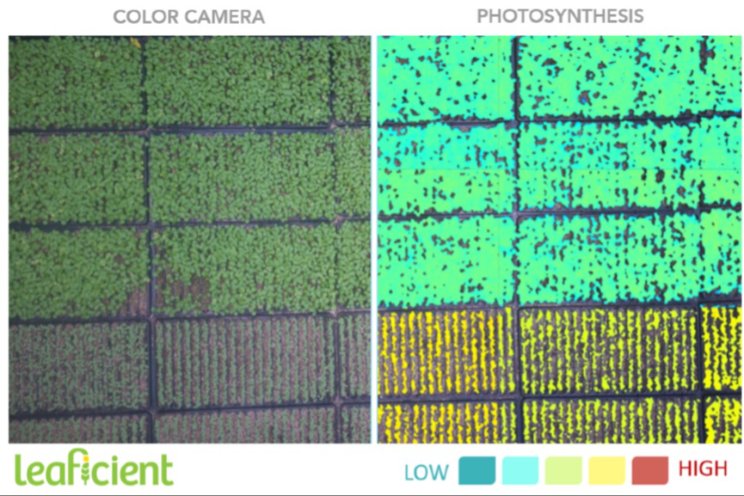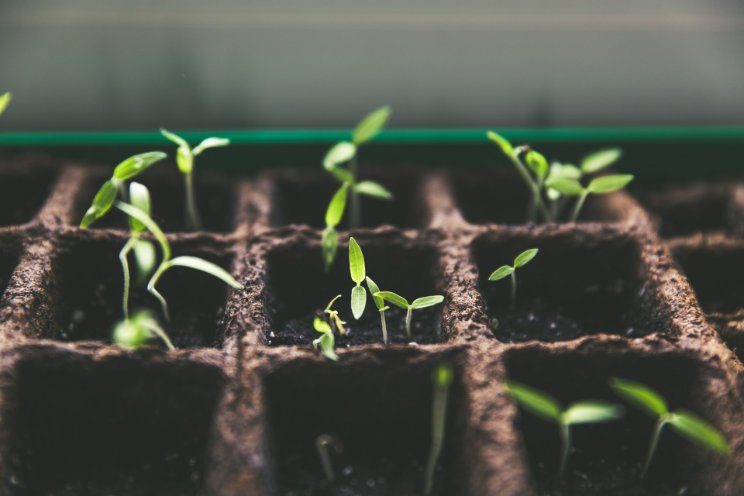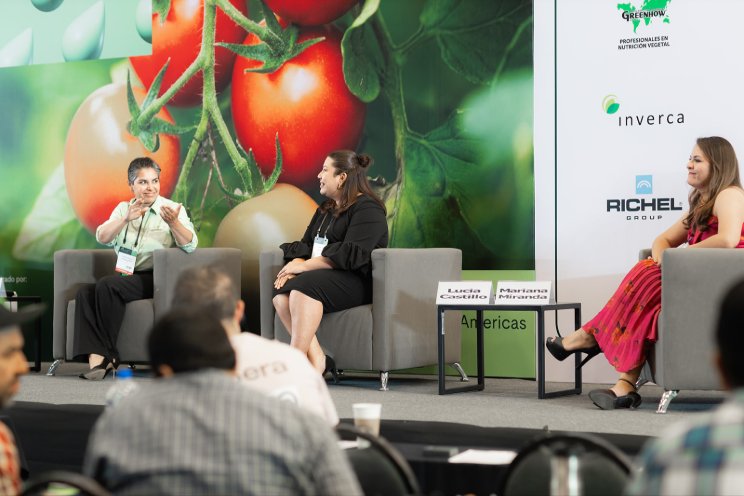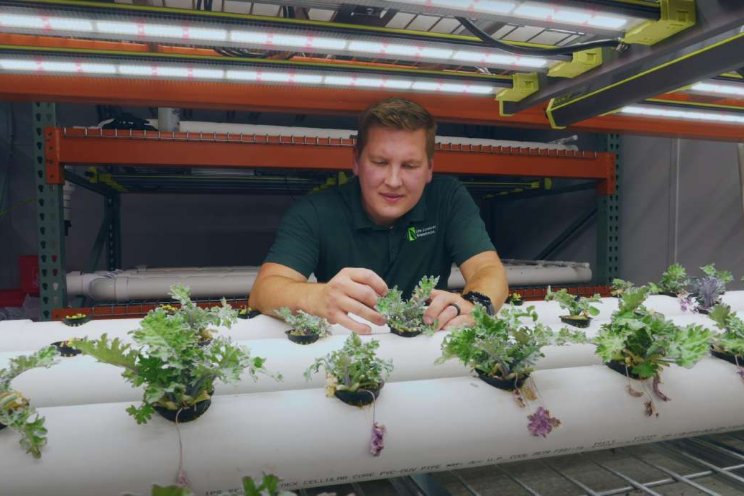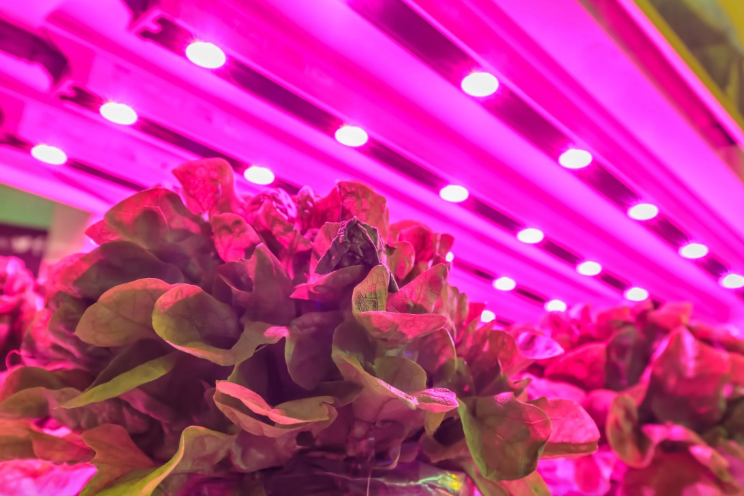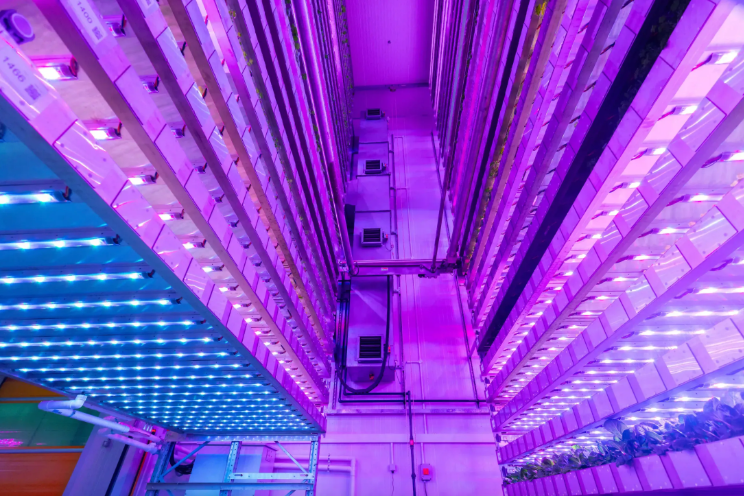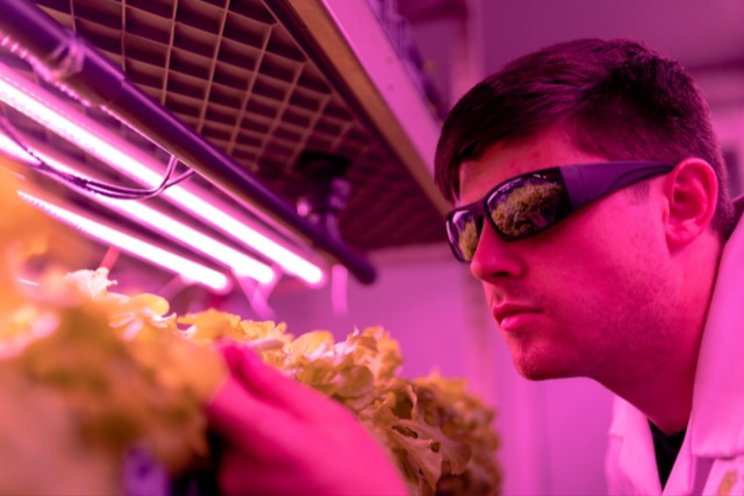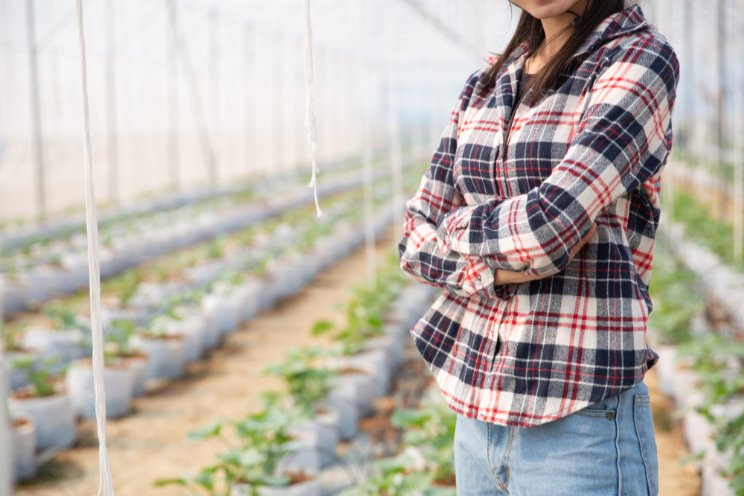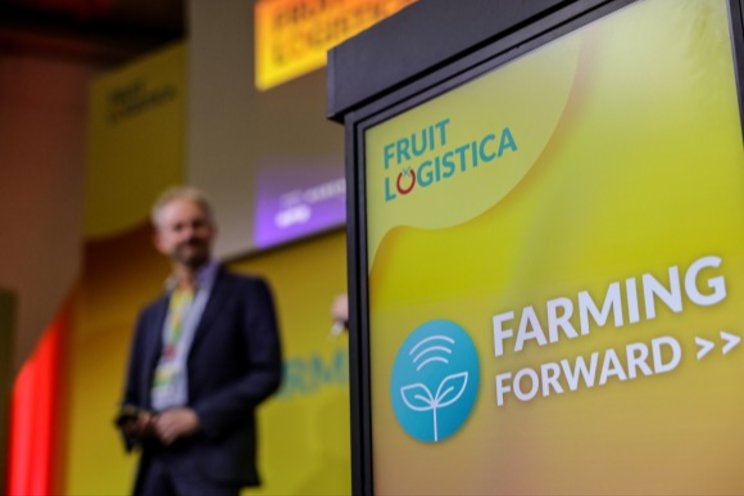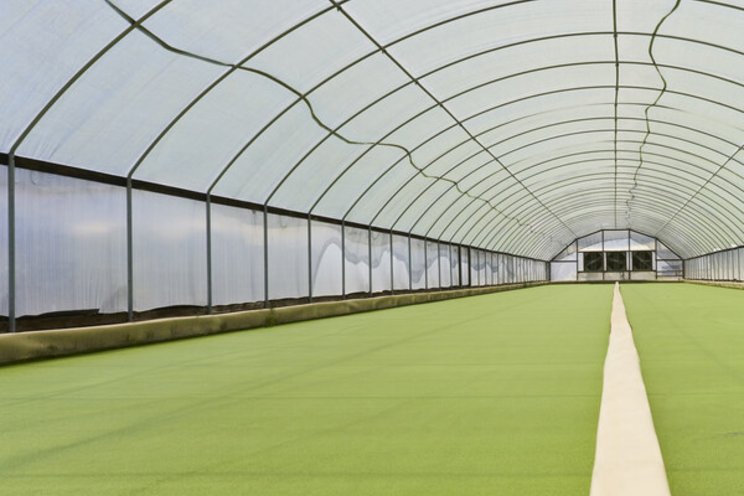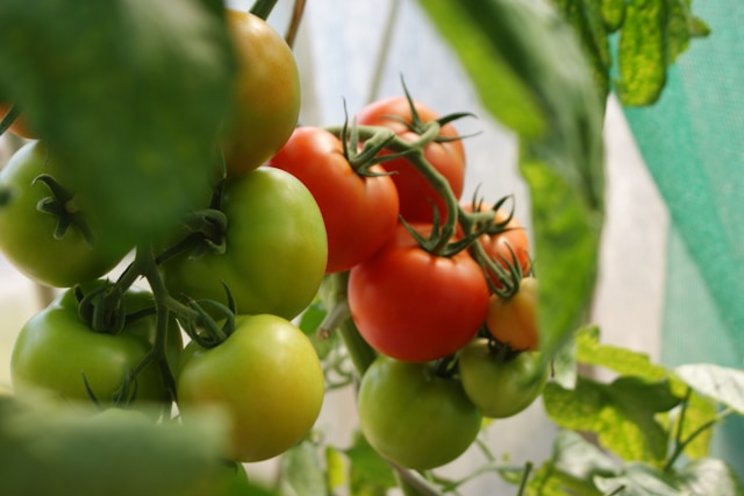Could bacteria help recycle greenhouse gases in the future?
Added on 21 January 2020
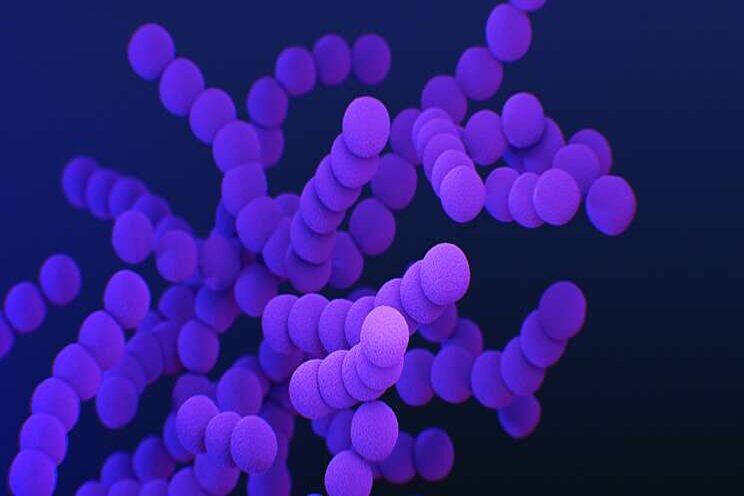
In 2018, Germany emitted 800 million tons of CO2 into the environment. But considering that climate neutrality should be the goal for the future, ways will have to be found to avoid such emissions or make use of them. But how could this happen?
One option would be to make new chemical products using the CO2.
The US American company LanzaTech is already doing this in a process unlike any other by using waste gases from the steel industry to produce the biofuel ethanol.
"Instead of letting CO2 emissions smoke out of the chimney, we collect them and ferment them in our bioreactor, just like with the production of beer. We then make ethanol from it," company boss Jennifer Holmgren said when explaining the gas fermentation process.
Bacteria are "trained" to produce substances from CO2
So far, ethanol, which is being sold as E10 at petrol stations, has been produced from agricultural biomass. The problem is that the energy crops required for this purpose, such as corn or rapeseed, require a lot of space and are usually grown in vast monocultures.
In 2018, almost 21% of Germany's arable land, or a total of 2.45 million hectares, were used for biomass production - meaning this space could not be used for food production.
Biochemical processes such as gas fermentation open up ways to avoid large-scale cultivation of biomass for ethanol production and produce it from industrial gases instead. The key to this is genetically modified intestinal bacteria.
Researchers have succeeded in reprogramming their metabolism to feed on hydrogen and CO2 instead of carbohydrates. However, it remains a meagre meal for the bacteria.
They should be "trained" to ensure they produce other substances from CO2, explained Professor Volker Müller from the Johann Wolfgang Goethe University in Frankfurt.
In cooperation with colleagues from the Universities of Nottingham, Ulm and Toulouse, the microbiologist is researching these 'CO2-eating' bacteria. We are in the process of optimising this process by genetically modifying the bacteria," Müller added.
Producing sought-after industrial chemicals
The aim is, therefore, to use intestinal bacteria to create completely different substances, such as the so-called 3-hydroxypropionic acid that are in high demand throughout the industry.
The acid can also be obtained in various intermediate steps from hydrogen and CO2, or optionally from carbon monoxide. Among other things, it is used for the production of acrylic acid and related substances, which promise a market worth billions.
This would also ensure bioplastics, which are currently still produced from renewable resources such as maise starch, to be produced using the supporting bacteria. This would make it possible to use emissions but also, as in the case of biofuels, to reduce the problem of large-scale biomass production.
Yet, given that the process has been comparatively expensive so far, bioplastics have not yet been able to gain a foothold on the market. However, should it be possible to optimise the bacterial metabolism further, "the yields could be increased", Müller explained.
The researcher is currently working on improving the energy balance of his bacteria so that larger amounts of 3-hydroxypropionic acid are produced in the process. At the same time, in another project, he has been researching how the sought-after acid can also be produced from methanol - also through bacterial metabolism.
Although the possibility of converting the metabolism of bacteria to CO2 holds great potential, it would still not be enough to fundamentally reduce carbon emissions.
Click here for more information.
Photo by CDC on Unsplash
Source: Euractiv
More news
